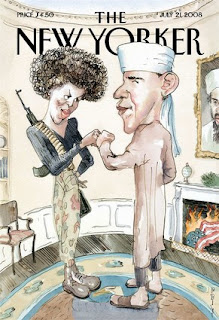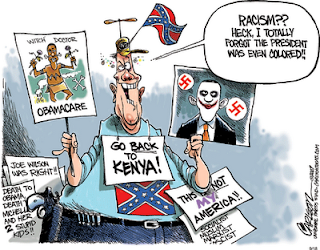Neoliberalism, the Fiscal Cliff, and the Fate of Black People

As was the case in 2008, when I voted for Barack Obama for president in 2012, I did not embrace the fantasy (perhaps, it should be referred to as "the delusion") that many of my liberal and progressive friends had that Obama was secretly a "lefty" and shared our values and that his "middle of the road approach" on the campaign trail was a ruse, a stratagem, subterfuge, a cleaver maneuver on his part designed to hoodwink white people hesitant to support a black man for president. Once in office, some black people I know invoking a righteously indignant tone preached to me, the president would be the progressive we had all been hoping and praying for after 8 years of George W. Bush. Reality has set in for most people on the left. The president is not a "lefty." Although I believe he is slightly left of center, he does not share our core leftist values or our leftist economic and political agenda. But I voted for him two times. Explain y



